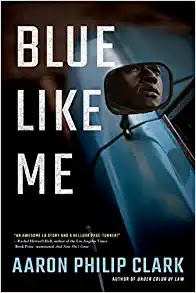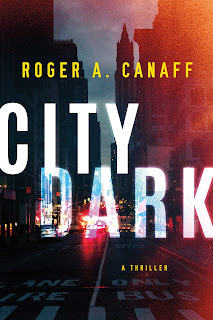Katie Sise is the Amazon Charts bestselling author of
Open House and
We Were Mothers. Her novels have been included on best-of lists by
Good Morning America,

the
New York Post, E! Online, PureWow,
POPSUGAR, and
Parade magazine. She is also a jewelry designer and
television host and has written several young adult novels, including
The Academy,
The Pretty App, and
The Boyfriend App, as well
as the career guide
Creative Girl. She lives with her family outside New
York City.
Sise applied
the Page 69 Test to her new novel,
The Break, and reported the following:
“Diaper needs to come off, too,” the nurse says.
So starts page 69 of The Break, and what should be a mundane doctor’s
visit encapsulates the entire mood and feeling of the novel. My main
character, Rowan, is frozen with the feeling that she’s doing everything
wrong, and that something is not quite right with her new family: her husband
and her beautiful newborn Lila. Rowan starts page 69 by second-guessing what
she’s even supposed to do with the clean diaper now that it’s no longer on her
baby’s bottom. Should she throw it away? Is that what other mothers would do?
Would it be strange to reuse a diaper, even if clean? She looks to her
husband, who avoids her gaze.
When Rowan’s newborn Lila starts crying on the cold metal scale, Rowan is
desperate to soothe her, and it feels like an eternity before she’s allowed to
pick her back up again. Rowan’s maternal instinct and the intense feeling of
wanting to protect her daughter infiltrates the novel, and you can feel it up
close and personal on page 69 during the doctor’s visit.
When the nurse leaves, Rowan wonders what the woman thought of her and her
husband. Rowan thinks to herself:
Maybe she just saw new parents trying to get it right, or maybe she saw
something worse.
The Break plays with the idea that the way others see us is sometimes
very different than the way we imagine they do. Often, we suspect the worse.
And Rowan’s paranoia over trying to get everything right has her
second-guessing herself as a new mother. She often wonders where the strong,
confident mystery writer version of herself has gone.
While they wait for the doctor to arrive, Rowan’s husband Gabe senses her
anxiety and asks if she’s okay. Rowan tries to explain that’s feeling nervous,
and when Gabe presses her, asking her why she’s feeling that way, Rowan
responds, “I haven’t really stopped feeling nervous since Lila’s been born.”
“But Lila’s fine,” Gabe replies. “Are you nervous about something else?” Rowan
confesses that she worries that Lila isn’t really fine, or that she’s
going to do something wrong, but Gabe doesn’t understand. They argue, and
Rowan accuses him of not being able to understand what it’s like for her as a
new mom in charge of this tiny being whom she (and Gabe) love so desperately.
This ever-present feeling of something being not quite right is Rowan’s new
reality. She can’t shake the feeling of dread. And she can’t parcel whether
that’s because she’s a new mother with a tiny baby she loves and wants to
protect, or if it’s something darker. At this point in the novel, Lila’s
babysitter June has disappeared, and Rowan is terrified that something
terrible has happened to her. Page 69 is a true representation of the dark
thoughts, questions, and paranoia inside Rowan as she tries to navigate her
new reality as a new mom, and as she wades through tension in her marriage and
tries to get to the bottom of what really happened to her babysitter.
Visit
Katie Sise's website.
--Marshal Zeringue




















